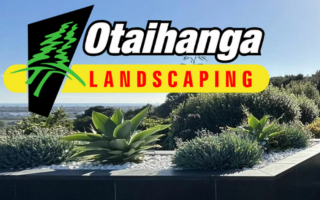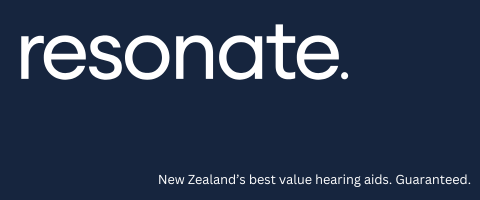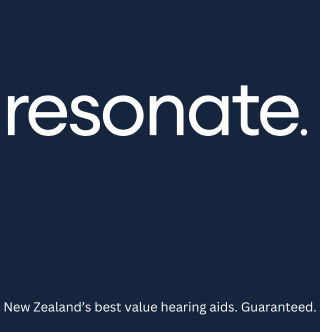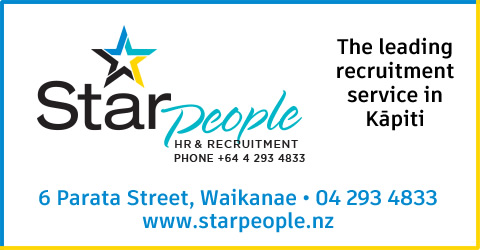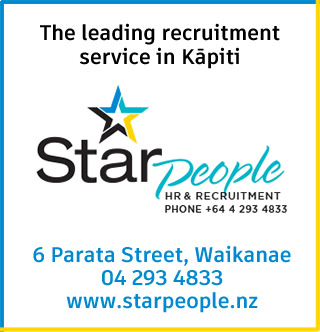If you enter the word, Mana, into Google, within 0.06 seconds a staggering 176,000,000 entries result.
There’s the Mana coach service, Mana magazine, a suburb in Porirua; Mana recruitment agency, Mana Island, Mana community grants, and even Mana art shop in the heart of Parnell Village.
And of course in the political realm, our history reminds us of the Mana Motuhake party; the Mana Maori movement and the Mana Wahine party all deregistered before the advent of the Maori Party.
In the debating chamber itself the concept of ‘mana’ is frequently tossed around with such wild abandon that it leaves me to despair. Some politicians complain that ‘their mana has been trampled on’; we hear other politicians talking about ‘mana munchers’; and all too often we hear the coupling of ‘mana’ with ‘moni’. I have to admit I have always been uncomfortable when a concept as significant as mana is bandied around the political arena, in ways that are less than convincing. I was taught that no-one can bestow mana upon themselves; mana comes from what we do for others – the ways in which we act.
The Maori Party has always taken it upon ourselves, to be guided by the inherited values of our people, kaupapa tuku iho. Those kaupapa are foundations for mana enhancing behaviour; behaviour which gives expression to values that are uplifting and enriching.
On most days we wish that there existed for the House of Representatives a set of values that produce more mana-enhancing behaviour than the reverse. Disagreement and debate will be most fruitful when couched within language that is mana enhancing, rather than mana diminishing. And yet, sadly, the personal abuse and degrading comments that occur far too frequently in the House reflect poorly on the political environment and indeed the politicians that behave in such ways.
It was, therefore, a real joy to read the report of Te Paepae Motuhake, the independent panel which was established to make recommendations for the future health of the Maori language. The panel, chaired by Sir Tamati Reedy, comprises membership representing the major dialectal regions of te reo Maori (including from within this rohe, Toni Waho)
Their recommendations sing to the heart and soul of wairua Maori and at their base, they remind us that ‘ko te reo te mauri o te mana Maori’ (the language is the foundation of Maori identity). The report promotes the concept of mana reo (the status of the language) alongside of mana tangata.
This focus on mana Maori, mana tangata, mana reo is at the heart of our culture and must remain something we cherish and uphold. The report highlights that the Maori language is a taonga, guaranteed Crown protection under the Treaty. I would hope that we continue to safeguard the language as a treasure of the nation.
In the words of Ngoi Pewhairangi, Whakarongo, ki te reo Maori e karanga nei, Whakarongo, ki nga akoranga rangatira.listen to the Maori language calling, listen, to the noble teachings.




